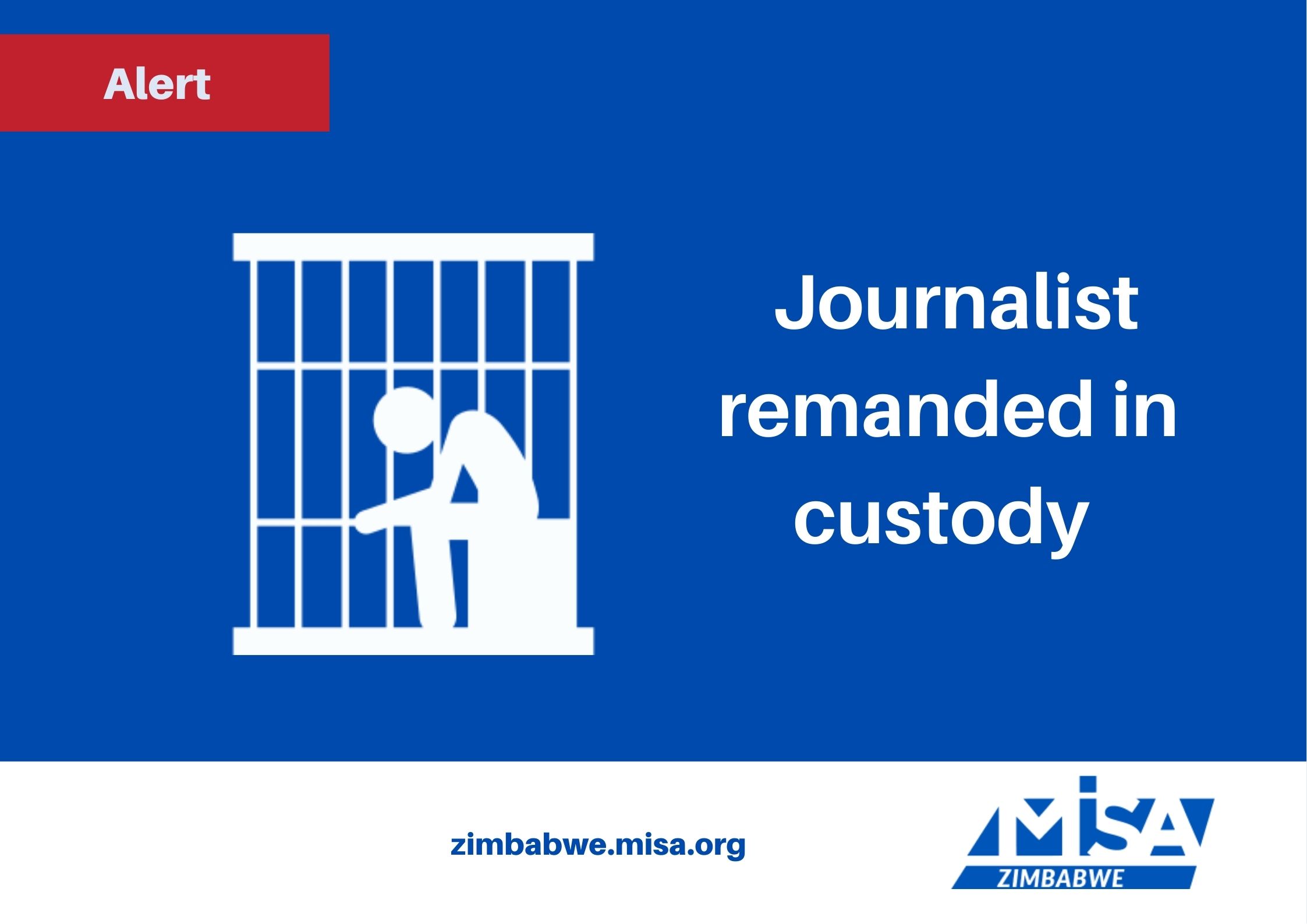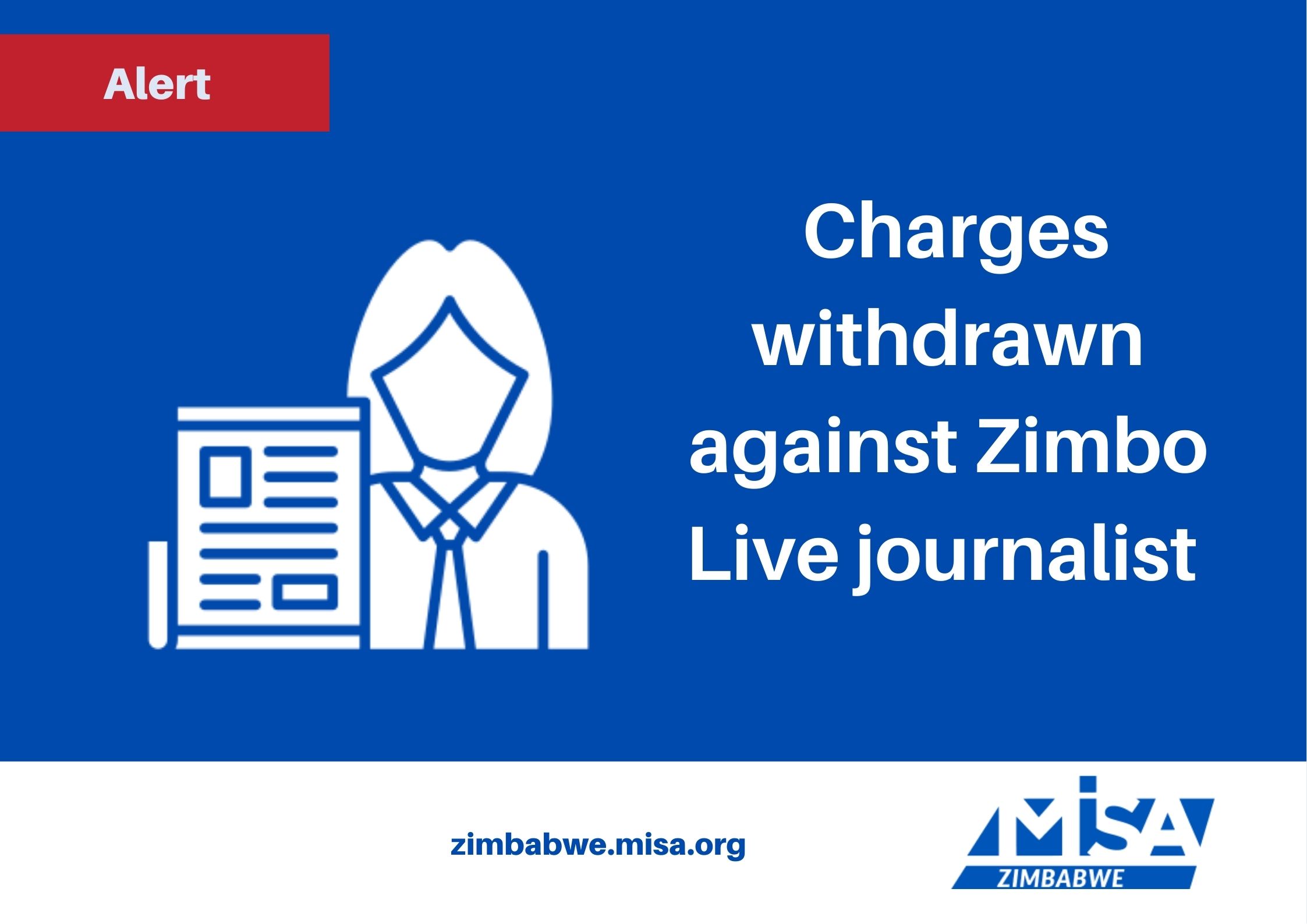The landmark ruling delivered by the Zimbabwean Constitutional Court to outlaw criminal defamation is progressive and as lawyer Proceed Manatsa points out in his analysis: “The ruling marks the dawn of a new era for Zimbabwean media practitioners and is a great leap forward toward the alignment of the domestic legal order with international benchmarks on media freedom and freedom of expression.”
His observation is in line with the sentiments expressed in a joint statement by Zimbabwean national Andrew Chigovera soon after his appointment in 2005 as Special Rapporteur on Freedom of Expression in the African Commission on Human and Peoples’ Rights. Along with his US counterpart he had issued a statement pointing out that:
“Criminal defamation laws are frequently used in both the countries of the Americas and of Africa to stifle criticism of public officials. In democratic societies, the activities of public officials must be open to public scrutiny.
Criminal defamation laws intimidate individuals from exposing wrongdoing by public officials and such laws are therefore incompatible with freedom of expression.”
All that changed on February 06, 2016 when the Chief Justice Godfrey Chidyausiku, sitting with eight other judges, made a landmark ruling to the effect:
“Having been declared as inconsistent with Section 20(1) of the former Constitution in the judgment of this Honourable Court in Madanhire and Another Versus the Attorney-General CCZ2/15, Section 96 of the Criminal Law (Codification and Reform) Act (Chapter 9:23) was not an existing law as defined in Section 1 of the 6th Schedule to the Constitution of Zimbabwe.
“Accordingly, for the avoidance of doubt, Section 96 of the Criminal Law (Codification and Reform) Act is void and not part of the said enactment,” the court ruled.
In outlining the facts and implications of the ruling, Jacqueline Chikakano, Legal Officer of MISA Zimbabwe explains:
Simply put, the judgment obtained by MISA-Zimbabwe and its co-applicants effectively puts to rest criminal defamation.
Prior to the Constitutional Court ruling, journalists who were alleged to have defamed a person or people were being arrested and criminally charged under Section 96 of the Criminal Law Codification and Reform Act. The offence as provided for under this section attracted a fine or a prison term of up to two years or both a fine and prisonterm.
The decision of the Constitutional Court means journalists and citizens alike can no longer be arrested under this law and can exercise their rights without fear or apprehension that they will be charged under this law.
On the other hand, publication of statements or matter that harms another persons’ reputation can still result in defamation under civil law, meaning that if the claim is successful, an award of damages for defamation can be made by a court. However civil defamation does not attract criminal charges.
BACKGROUND TO THE RULING
In February 2015, MISA-Zimbabwe together with three journalists Nqaba Matshazi, Sidney Saize and Godwin Mangudya and Roger Stringer a citizen and independent publisher, filed a constitutional court application seeking confirmation of the invalidity of criminal defamation under the current Constitution of Zimbabwe which came into force in 2013.
Zimbabwean law provides that any alleged infringement of fundamental rights be directly brought before the Constitutional Court. The offence of criminal defamation “was’ provided for in section 96 of the Criminal law [Codification and Reform Act] Chapter 9:23.
The MISA-Zimbabwe application was necessitated by the uncertainty and confusion that followed the 2014 judgment in Nevanji Madanhire & Nqaba Matshazi v Attorney General[Judgment no CCZ 2/14] regarding whether or not the offence of criminal defamation was still a part of Zimbabwean law under the new constitutional dispensation.
In the Madanhire judgment, the court had indicated that the declaration that criminal defamation was invalid was in respect of the right to freedom of expression as provided for in section 20(1) of the former Constitution of Zimbabwe under which the case had emanated.
In the same judgment, the court through Justice Patel went on to remark that the constitutionality of criminal defamation under the “new” constitution was yet to be determined and that the protection of the right to freedom of expression and media freedom in the “new” Constitution of Zimbabwe was different from that under the former constitution. Justice Patel went on to say that under the current constitution, the offence of criminal defamation was a justifiable limitation of the right to freedom of expression as provided for in section 61 of the obtaining Constitution of Zimbabwe.
On the other hand, the Minister of Justice was on record in the media, maintaining that criminal defamation was still lawful and that it would continue to be used in appropriate circumstances.
This cemented the view that criminal defamation was still alive in Zimbabwe and with that revived fears that the law could at any time be used against the media and citizens alike. It is against this background that MISA-Zimbabwe worked with its members and Mr Stringer who despite not being a practicing journalist, also faced criminal defamation charges as was the case with the co-applicants.
On the 3rd of February 2016 MISA-Zimbabwe appeared before the Constitutional Court for the hearing of its application [CCZ/07/15], ultimately seeking an order that the declaration of invalidity of criminal defamation that was made in the Madanhire case effectively means that the offence is no longer a part of Zimbabwean law.
The 1st and 3rd respondents in the matter, the Minister of Justice, Legal and Parliamentary Affairs and the Attorney General of Zimbabwe opposed the application maintaining that criminal defamation was still a valid law.
Despite this opposition, the court found in favoir of MISA-Zimbabwe and its co-applicants and granted the order that criminal defamation is void and no longer a part of the Criminal Law Codification and Reform Act.
The effect of this judgment goes a long way in freeing the media space in Zimbabwe and indeed in setting a precedent for other countries in Africa and beyond.
The observations made by the court in the Madanhire case upon which the MISA-Zimbabwe judgment is based, are insightful in informing future judicial appreciation of how the competing interests of freedom of expression and reputation can be balanced.
While MISA-Zimbabwe celebrates this historical and very progressive decision by the Zimbabwean judiciary, it remains cognizant of the fact that Zimbabwean legal framework remains littered with other laws that criminalise expression such as falsehoods and insult laws as contained in laws such as section 31, 33 and 96 of the Criminal Law Code and in the Access to Information and Protection of Privacy Act [AIPPA] among other laws.
It is hoped that that the expunging of criminal defamation from Zimbabwe’s laws will pave way for proactive measures by the Government of Zimbabwe towards decriminalization of expression by removing these laws and that other countries will take a leaf from the progressive precedent set by the Constitutional Court of Zimbabwe
See also http://www.herald.co.zw/vp-mnangagwa-defends-criminal-defamation/
https://www.dailynews.co.zw/articles/2014/04/10/mnangagwa-defends-criminal-defamation-law
Prepared by: MISA Zimbabwe and MISA Regional Secretariat
Ends/
……………………………………………………………………………………………………………………
MISA is a regional non-governmental organisation with members in 11 of the Southern Africa Development Community (SADC) countries. Officially launched in September 1992, MISA focuses primarily on the need to promote free, independent and pluralistic media, as envisaged in the 1991 Windhoek Declaration.
……………………………………………………………………………………………………………………
Enquiries:
MISA Zimbabwe
Tel: +263 4 776165/746838
Mobile: +263 712 602 488
Email: nyasha@misazim.co.zw













